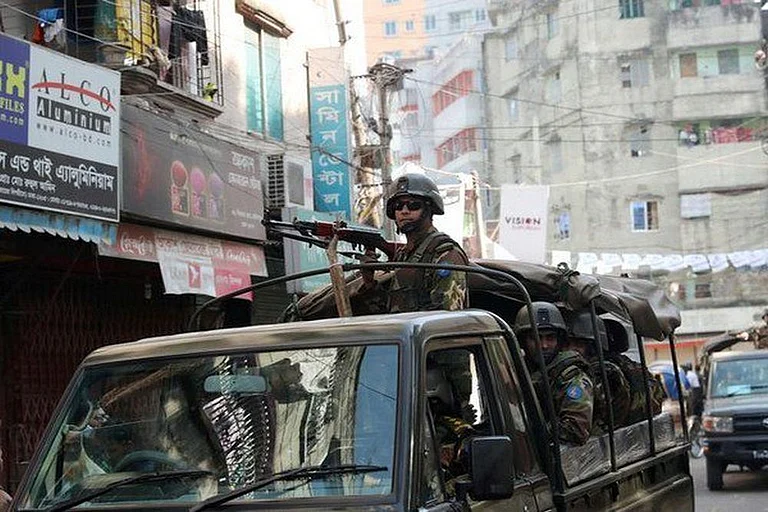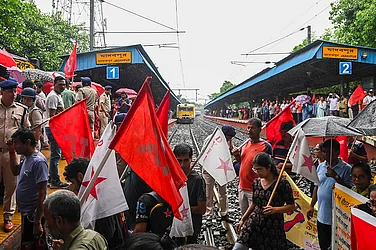NYAY is not an empty election idea like the Rs 15 lakh promise made by the BJP in 2014, and data shows that the Balakot airstrikes will not change voter preference. Praveen Chakravarty, chairman of the data analytics department of the Congress, tells Bhavna Vij-Aurora.
The PM went on air to announce the success of India’s anti-satellite capability. Is this a response to NYAY, the minimum income support scheme that the Congress has announced?
It’s surely a diversionary tactic at this point, from real issues like unemployment and rural distress. It’s also a move aimed at retaining the party’s core constituency. In many places, including UP, the BJP is at risk of losing that.
NYAY is one of our ambitious programmes. We have been working with economists and experts for the past few weeks and there is a lot of interest in it.
Is NYAY comparable to MNREGA in terms of its scope?
Yes, in some ways, as it will have as much of an impact. Questions were asked about MNREGA, too. They are bound to be raised about any project of this scope. But, NYAY is different as it entails unconditional cash transfer.
According to the proposal, the NYAY benefit will be transferred to the woman head of the household...
Data shows that for 70 per cent of the country’s population, joblessness remains the number one issue. And it has impacted women the most. The woman head of the household is most upset about the lack of jobs for her husband and family.
What about issues of first-time voters? What are they like?
There can be no such generalisation of issues. Joblessness is the number one pan-Indian issue, but there are other issues specific to different parts of the country. In UP, for example, stray cattle menace is the number one issue. In Tamil Nadu, it is federalism and the attack on the state’s autonomy.
Has “Balakot” changed the narrative in favour of the BJP?
No. We have been surveying people constantly. Of the seven lakh people we spoke to, while 90 per cent said that strikes were good, 99 per cent said that it will not change their voting preference. Eighty per cent thought that the strikes had been politicised and 90 per cent said that should not have been done.
The Congress is seen to have fumbled in forming alliances.
I don’t understand where this perception is coming from. Congress is contesting the least number of seats this time, accommodating the allies. The party is at its most alliance-friendly this time. Only Delhi has been a problem because there are two views in the party over it. Delhi is not India.
How is the Congress placed in states like Bengal and Odisha, where it seems to have been pushed to the third spot?
I admit that the Congress is not in a pole position in those two states, but it is not to say that we are at the third spot. Our data shows that even the BJP has not made gains. In Odisha, Congress and BJP may win equal number of seats and in Bengal, the BJP is at risk of losing even its existing seats.

























